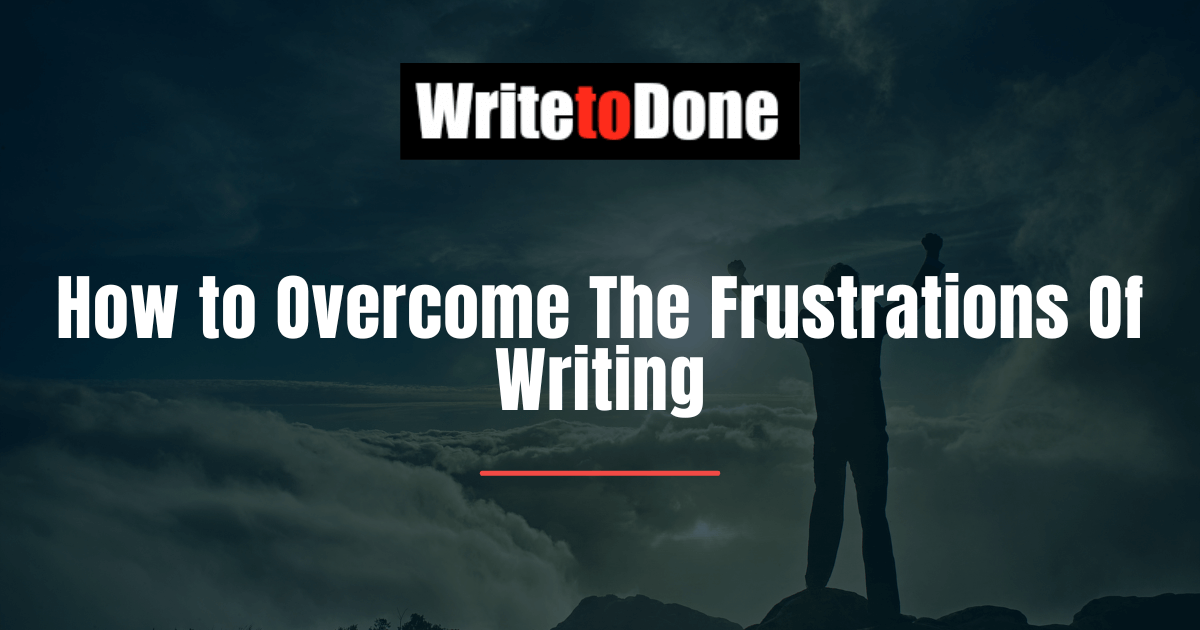Frustration can take all the joy out of writing. I know because it plagued my earlier writing career. I love to write and when the words are flowing, the moment feels magical. I never want to stop. This is a rare occurrence. Most days are filled with a stop and go rhythm. I’ve learned that this is a part my writing and blogging method.
Expectations
As a writer, you must remain aware of your expectations and emotions. When I used to hit a wall, the “old me” would stress out. I would get up from my chair and clench my fists or let out a loud grunt. I used to believe that this would help me release my frustrations, but when I look back on those days I realize that it only made me more upset. It wasn’t until I began to recognize these emotions as they bubbled to the surface (from many years of practice) that I was able to nip these feelings before they took over.
A writer creates frustration when they focus too much on their expectation of what they want to achieve instead of enjoying the words that are actually coming out. It all comes down to a simple emotional process. The gap between what we want and what we have is what really frustrates us.
Patterns
Following your reoccurring emotional reactions, and working with them to help you stay focused is the key to reducing your frustrations. I write about working happy, but I had fooled myself into believing that I was enjoying the writing process, when in reality I was frustrated 75% of the time. I pushed through these feelings because that’s what I thought I was supposed to do. It wasn’t until I began to notice these patterns that I used them to my advantage.
Let’s say I’m working on a book and the words aren’t coming out right. Instead of banging my big head (which my wife loves to poke fun at) against this project, I switch gears and write a blog post about dealing with this frustration (like this post) or a poem about my dog barking which scared the holy ‘you know what’ out of me. These enjoyable topics keep my brain writing, but with no expectations for trying to make a clear message. The positive emotions usually start to come back and I’ll give my book another try.
That’s why I can write when it feels like trudging through mud. I’ve watched my habits surface over and over. By noticing these feelings when they first occur I can direct my emotions in a more positive direction. There are almost always some positive thoughts that need to get out even if it doesn’t help me further my book.
If nothing seems to be working, which usually happens at least 1 day out of 7, I just throw in the white towel and go for a walk with my wife, play the Wii or do a little Yoga. I no longer get mad that the words won’t come out, because I know that tomorrow will most likely bring that little bit of magic that today just didn’t want to release.
















